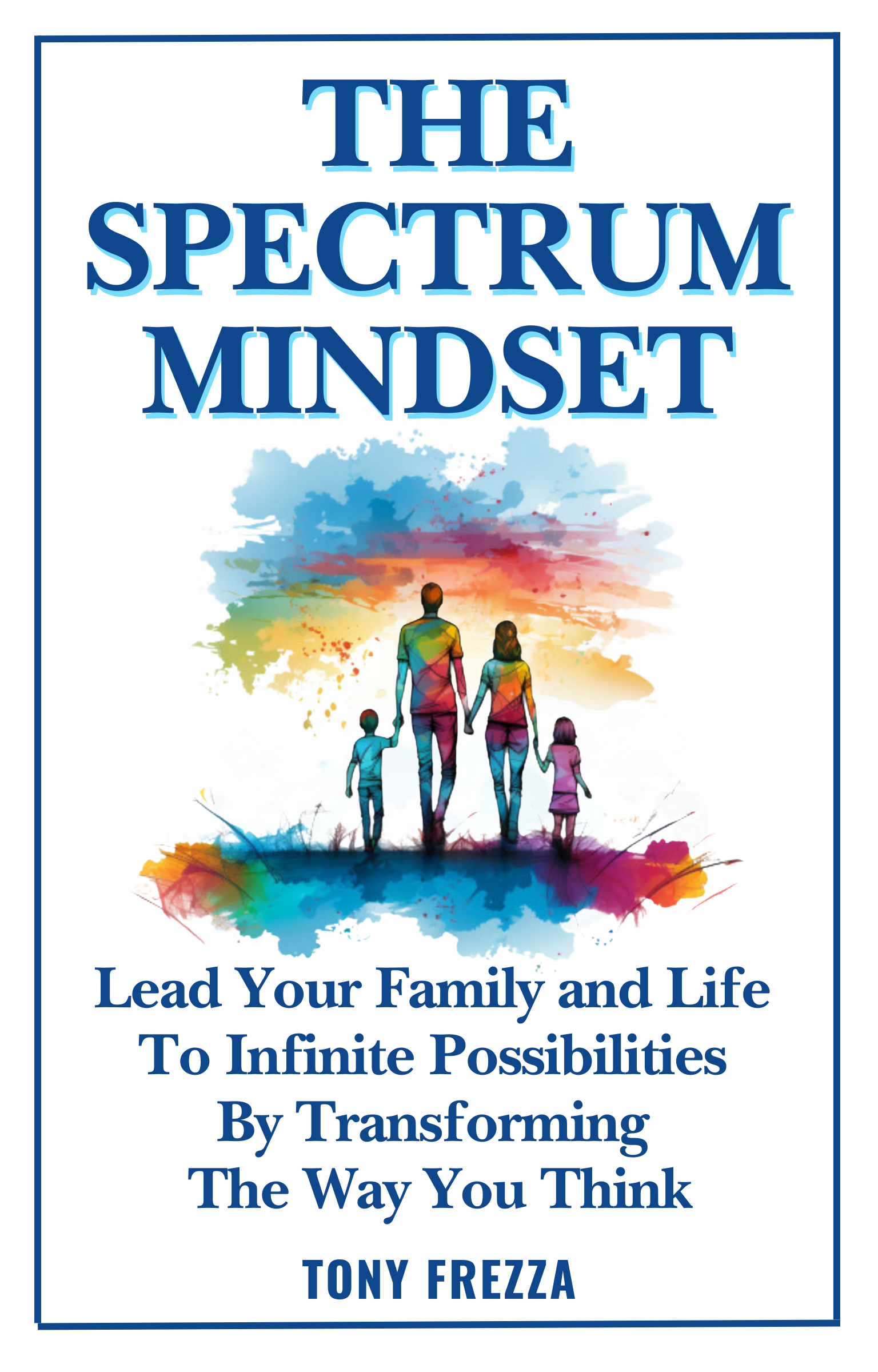
Do You Need To Break Up With Food?
Before I wrote “The Spectrum Mindset,” I wanted to write a book titled “Break Up With Food: How to Form a New, HEALTHY Relationship with Food.”
Not because I was an expert on the subject—far from it—but because I wanted to find the solution to my problem of ALWAYS thinking about food and feeling addicted to certain foods and drinks. Had I been addicted to chicken, broccoli and water, I’d be okay. But it was very different foods that I constantly craved.
For a long part of my life, I felt like food was way too big of a focus. I felt like food was equally chore and comfort all at the same time. Food was a source of positive emotions and a reward for hard work. Food was there for me in tough times, and celebrated the good times with me.
I know we’re never going to stop eating, but I wanted a better relationship with food. I wanted food to play more of a supporting role to my life’s purpose rather than feeling like my life revolved around food cravings.
I started reading “food psychology” and “overeating anonymous” types of books. Many of those books try to find the source of your addictions and have you try to resolve your childhood traumas that led to this later-in-life reliance.
One book in particular, that sold itself as the anti-inner child type of book, was called “Never Binge Again.” This book currently has almost 20,000 reviews on Amazon so it certainly has struck a chord with a lot of readers. There are also a lot of negative reviews as it has somewhat of a polarizing approach.
There’s no way I can say this gently—but the book instructs you to slaughter your inner pig so that you can achieve freedom from your food addiction. It was hard to not picture a drill sergeant yelling at me to destroy my pig as I read this book. It’s that intense. The book instructs you how to beat the pig when it likes to play games and sabotage you. It says the pig voice is just another negative voice that needs to be killed.
As you can imagine, not all readers enjoyed this “negative self-talk.” Personally it didn’t feel “right” to me either. Many reviewers commented that they already had more than enough shameful feelings and didn’t need one more name to call themselves. They felt like being labeled a “pig” was even more upsetting to an already dismal situation.
But what the negative reviewers did not realize was that the pig analogy was not meant to shame their identity, but actually find their TRUE identity. The readers could find their true identity by identifying the “pig” thoughts or actions and distance themselves from them. This could give them the freedom they had been searching for because they would no longer be chained to negative voices and impulses they ultimately didn’t want to have.
While I don’t agree with the wording used, this exercise of separating and distancing ourselves from certain thoughts or actions is so powerful. If something you think or do truly doesn’t align with the person you want to be deep down, then that is something worth separating from and casting out.
In my Christian faith, a lot of times we use the devil or the darkness as the originator of these thoughts or actions that we don’t want to have. We’ll distance ourselves from certain voices or urges as if they were not our own because they don’t align with our ideal self. We’re instructed by The Bible to take these thoughts captive and make them obedient to Christ (2 Corinthians 10:5).
No matter the method, there is freedom in strengthening your identity by separating yourself from the thoughts and actions you no longer want to have. If that means we need to name it, blame it, and tame it, then that’s what we have to do.
While “you are what you eat” is really great diet advice, it’s not great identity advice. You are more than what you eat, and you are more than the body you inhabit. There is much more to you than the food you choose. The food you eat is a backdrop to your bigger purpose in life.
I wanted a better relationship with food, but honestly I just needed a better relationship with me. I had to realize that I am not my vices and I am not my mistakes. I won’t be proud of every action or approve of every thought, but I’m ok with not being perfect.
So in typical relationship fashion…I’m sorry food. It wasn’t you. It was me. I just needed to further work on my identity and that was where my true food freedom was found.
I hope you can find some freedom today in distancing yourself from thoughts or actions that don’t align with who you really want to be.
Remember the 3-step process of name it, blame it, and tame it.
You can own your choices and mistakes without letting them own you.
Live life to the fittest,
-Coach Tony
